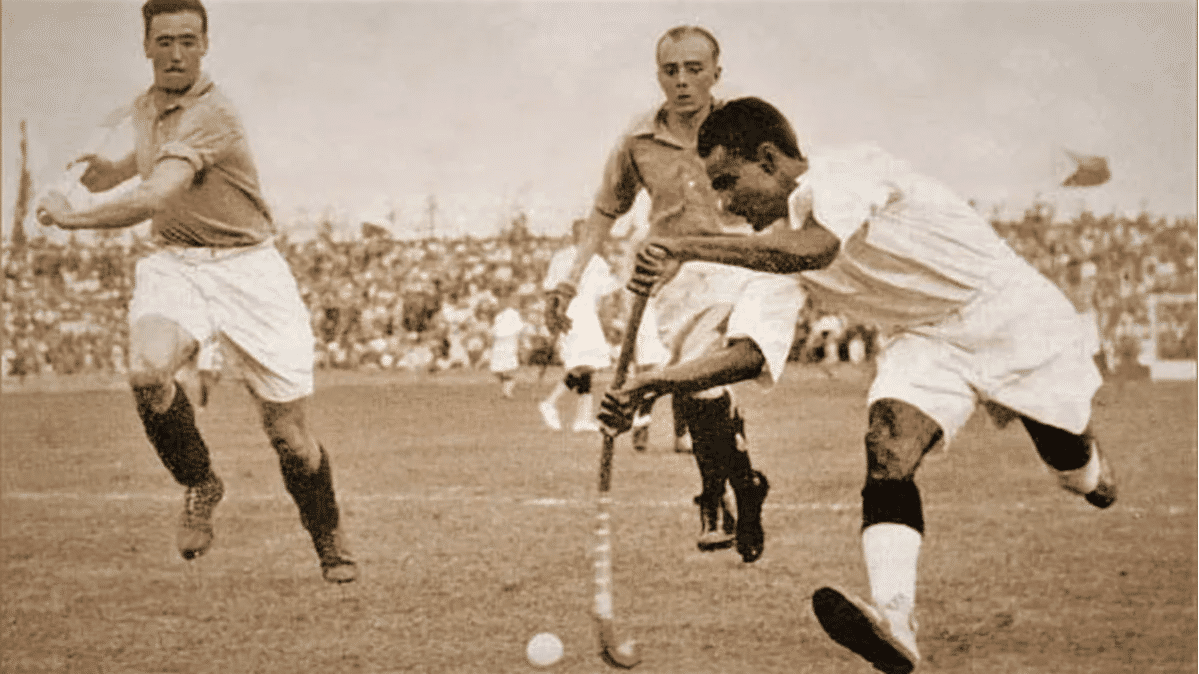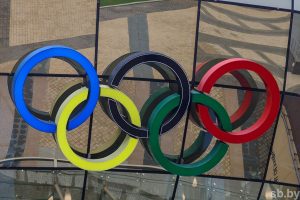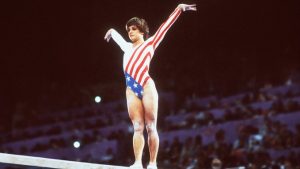In India, Hocky is synonymous with one and one name only – Dhyan Chand. He is undoubtedly the greatest Indian field hockey of all time. With three Olympic gold medals in his kitty, he was and is still the poster boy of Indian hockey for decades now. Whenever he stepped in the field, he had one mission – deposit the hockey ball in the opposition’s goal. He always mesmerised audience with his out-of-the-world stick skills. This earned him the nickname ‘hockey wizard’.
Dhyan Chand was born on August 29, 1905, in Allahabad. His birthday is celebrated as National Sports Day in India. He was born to Sharadha Singh and Sameshwar Singh. Like his father, who was a soldier in the British Indian Army, Chand also joined the army at the age of 16 and continued to pursue the sport there.
During his time in the force between 1922 and 1926, he participated in various army hockey competitions and regimental games.
He found himself engrossed in hockey so much that he even played hockey during the night after his duty hours. He practised under the moonlight and that earned him the name Dhyan Chand (‘Chand’ means moon in Hindi), Olympics.com reported.
His progression through the ranks booked him a place in the Indian Army team and was part of the Indian team’s tour to New Zealand in 1926. In this tour, the Indian team won 18 matches, drew two and lost just one game.
Chand’s performance is the tour received lots of plaudits and was named Lance Naik in the Punjab Regiment of the British Indian Army.
He continued to impress with his stick and made it to the Indian team for the 1928 Olympics in Amsterdam.
In Amsterdam, the Indian field hockey weaved magic and owned the tournament. Chand led the goal-scoring charge and top-scored with 14 goals in 5 matches. India won a gold medal in their debut appearance at the Games.
Dhyan Chand kept improving and continued taking Indian hockey to another level. With his help, India defended their Olympic gold at the 1932 Los Angeles Games.
During the 1936 Berlin Olympics, he scored a total of 38 goals as India clinched another elusive gold medal. Such was his performance that it is said that German dictator Adolf Hitler offered him a position in the German Army.
After his exploits in the Berlin Olympics, he only played army hockey. Having retired from his army service in 1956.
Having retired from the army in 1956, he was conferred the Padma Bhushan – the third-highest civilian award in India – the same year. He died in 1979 at the age of 74.
He is also the only hockey player to have a commemorative postage stamp and the First-Day Cover in his honour.







